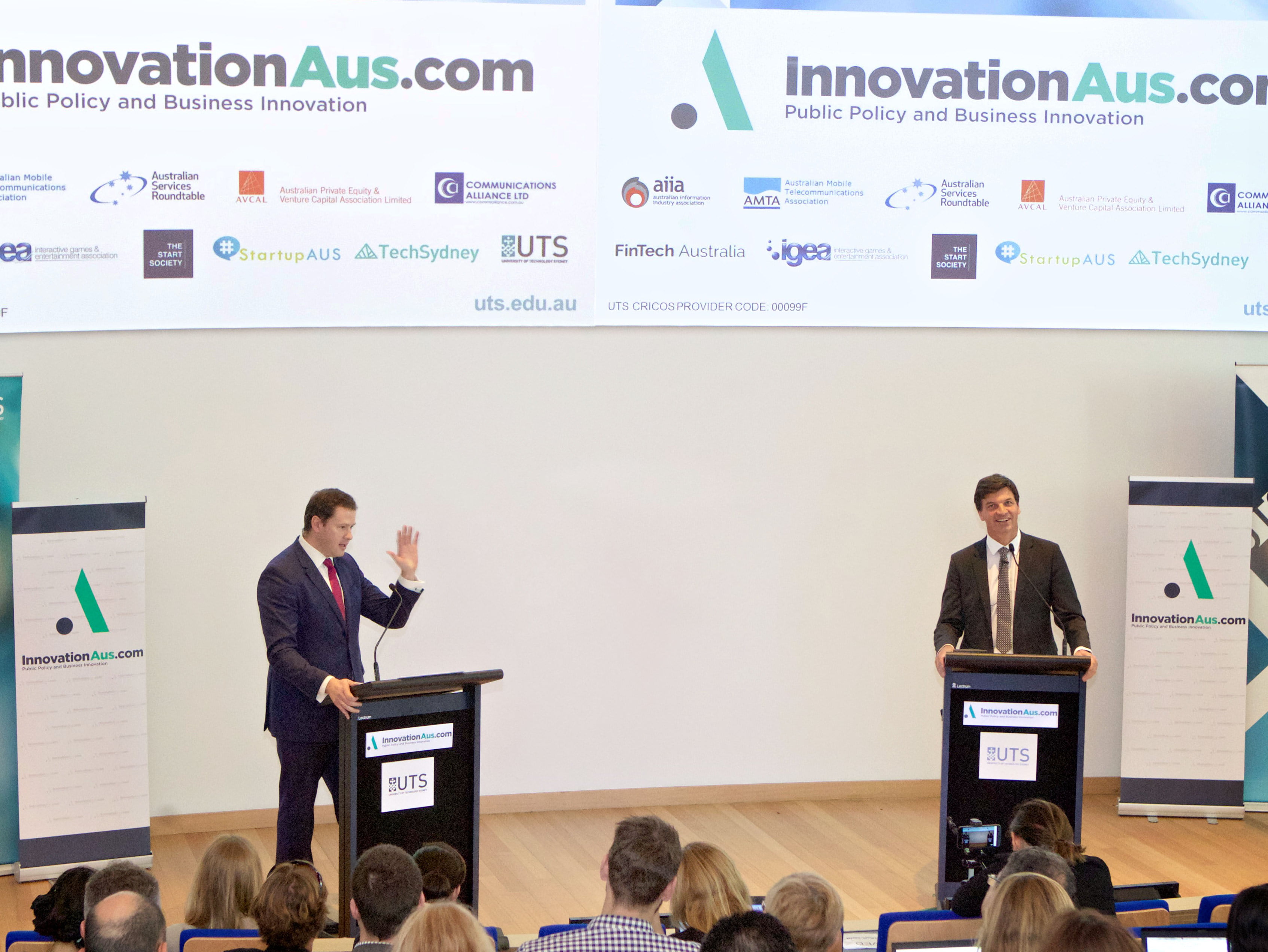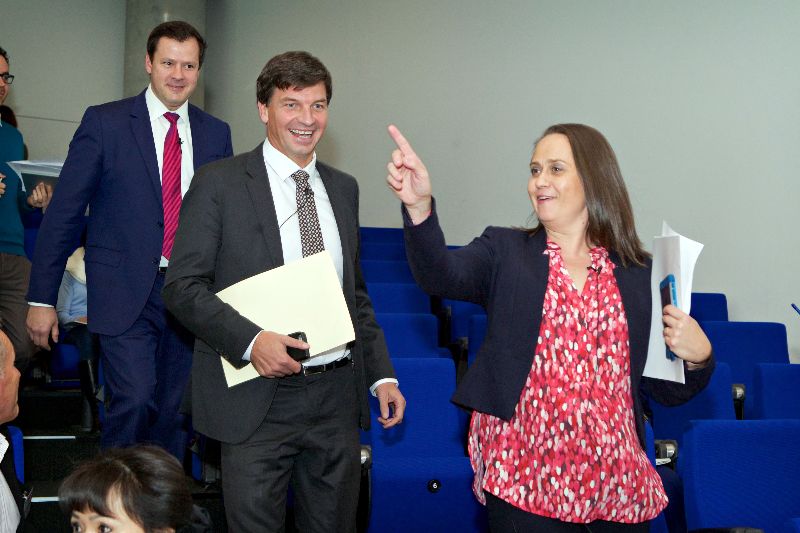In his extraordinary interview on ABC TV’s Insiders program on Sunday, outgoing Industry and Science minister Ed Husic said he spent 10 years working and listening to understand the needs of the tech industry.
He says he is unsure who else in the Cabinet would have a similar level of understanding of the sector, or of the specific upside opportunities of general purpose new technologies like artificial intelligence and quantum.
Mr Husic lamented the “timidity” of the first term of the Albanese government, saying Labor needed to pursue a growth agenda.
In his first major interview since being dropped from the ministry, Mr Husic said his outspoken support of the Muslim community and vocal criticism of the conduct of the war in Gaza was a factor in his demotion.
He laid the blame squarely at the feet of deputy Prime Minister Richard Marles, a factional leader in Victoria, who he called a “factional assassin”.
The frustration of the demotion was self-evident, and while the commentary has focused on the politics, it has ignored the reality of difficult policy issues within the portfolio.
“We need to fuel growth into the future. That’s why I’ve been so focused on technology,” Mr Husic said on Insiders.
“I think having that growth agenda for the long-term is crucial for the good of the nation and we should consider a wide range of options.
“More than anything else, we need to burn through the timidity that has shackled us in the first term,” he said.
“We are going to need to make big changes in a world that is changing fast to ensure that the country stands on its own two feet, very important.”

While Mr Husic has been agitating from the inside in pursuit of these goals, he has not been able to get the support of colleagues to underwrite these ambitions for the tech sector.
Whether that’s because of fractious relationships with other members of the Cabinet or the complexities of the many moving parts of the industrial ecosystem is now moot. The frustrations spilled over to industry, particularly for anyone that dealt directly with his office.
The reality is that the government has been slow – very slow – to address industry development in AI and its underpinning digital infrastructure like data centres.
Mr Husic’s office spent its first two years focused on a quantum strategy that culminated – incredibly – in a $940 million investment in a foreign company, PsiQuantum. This was the first major investment made under – also incredibly – the Future Made in Australia program.
The PsiQuantum procurement was badly botched and caused deep resentment among local companies. Rather than being a crowning achievement, the deal became an unwanted controversy that has yet to run its full course.
But the greater impact of the PsiQuantum adventure is that it took the focus off AI development policy, leaving Australia far, far behind our economic peers in AI industry planning.
Mr Husic’s office then put all of its attention on AI regulatory issues, rather than AI capability, while belatedly announcing a plan for an National AI Capability Plan in December – a process that will not be completed until the end of the year.
It became dramatically clear just how far behind Australia had fallen behind on AI at the AI Action Summit in Paris in February, a conference at which US vice-president JD Vance announced massive investments and the relaxation AI regulation, and European leaders laid out a full strategic plan and hundreds of billions of Euro in funding.
The Paris AI Summit was a shock.
The Machiavellian nature of factional politics resulted in Ed Husic losing his place in the ministry. Maybe this was due in part because of his outspoken views on Gaza. But the poor management of portfolio issues and the deterioration of professional relationships would have made the demotion easier.

Many in the industry had been anticipating that Mr Husic would be shifted from the portfolio, even if his removal from the ministry came entirely as a surprise.
Just as Treasurer Jim Chalmers used his first election speech last weekend to draw the importance of the connection between AI and other technologies to improving Australia’s productivity performance, Mr Husic used his Insiders interview to do the same.
He says whoever takes responsibility for the tech sector will have a steep learning curve. Finding that person will not be easy.
“I took more than ten years getting my head around the complexity of technology. Talking with people, listening [and] learning,” Mr Husic said.
“Artificial intelligence, I’ve been talking about that well before anyone was thinking about the implications of ChatGPT.
“It takes time to do that. And I’m probably a person most well versed in the government around that. Who takes up those reigns is up to the PM.
“But I certainly believe that technology will fuel a growth agenda and the race is on for countries to get their head around it,” he said.
Do you know more? Contact James Riley via Email.

